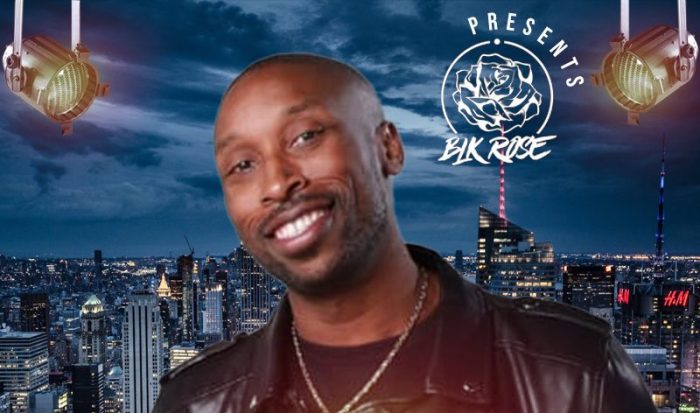There’s been some attention paid, media-wise, to what’s been happening in Brazil recently. But bearing in mind these developments could well be the makings of a seismic shift capable of profoundly disrupting Brazil’s social order, should there perhaps be a bigger, sharper lens now trained on Brazil?
Protesters first took to the streets in several cities more than a week ago in what many observers seemed to think were the elements of eruption lying just beneath the surface and ready to pop at the faintest hint of ignition. That came in the form of assailing a hike in the cost of public transport. But it became immediately clear that the fare hike was hardly the sum total of aggravations roiling demonstrators who, in one evening, aggregated approximately one million, according to police estimates.
As stories go, what makes this Brazil episode undeniably a keeper is what, in large part, has been driving the protests. Football, oftentimes referred to as the country’s unofficial religion, is at the center of much of the anger being vented by the demonstrating masses. Specifically, and startlingly so, the World Cup, which Brazil will be hosting next year. It is nothing short of a leap into the surreal to imagine Brazilians being highly aggrieved over preparations being made to accommodate the 2014 tournament. And one gets a clear sense that this is no fringe action, but a movement with respectable traction, based on the number of those participating, the geographical expanse of the protests and some of the individuals who’ve not hesitated to identify with it. Former national team member Zico was mentioned by Britain’s Guardian as one of several former players on Brazil’s team who have been warning of widespread public dissatisfaction. The Guardian quoted Zico: “The population of Brazil seems distant from the World Cup because of what people see as corruption and the overspend on the stadiums and the lack of transparency.”
By contrast, it’s incredulous learning of reports that the stock of Brazil’s greatest of all football legends, the incomparable Pele, has taken a hit in the public square, after he made known his view that he did not support demonstrating against the building of stadiums for the World Cup. Ronaldo, perhaps the country’s biggest 21st century football superstar to date, was reported to be likewise tarred for also suggesting that the construction of stadiums was unavoidably part of the equation. Anti-Pele and anti-Ronaldo sentiment may very well not be the prevailing one. The very fact of its exists in some proportion, however, sufficient to rate honorable mention as contributing to a perceived sea change, is a veritable shock wave to an ingrained football culture that cedes ground to nothing else as the country’s rightful imprimatur.
Get a load of this Associated Press report about a scenario just when the protest wave was getting started, which further dramatizes the paradigm shift that looks to be underway: “In the north-eastern city of Salvador, where Brazil’s national football team played Italy and won 4-2 in a Confederations Cup match, about 5,000 protesters gathered three miles from the stadium, shouting demands for better schools and transportation and denouncing heavy spending on next year’s World Cup.” Again, the Confederations Cup being regarded as somewhat of a World Cup preview, one imagines many more thousands of the Brazilian fans in the stadium more engaged with the team’s winning performance than with other issues. Traditionally, that would be a view universally held. This sudden manifestation of people power in an environment so hallowed as football is as solidly indicative of an appetite for change as one could think possible in Brazil.
Not to be lost in the fray as we try to process these developments, is that young people are apparently pretty well represented among the protesters. It is not by accident that a charge of the state coming up markedly short in the education sector is invariably front and center among dissident gripes. There has been the suggestion, too, that residual hurt remains among young people from the ghastly nightclub fire last January in the city of Santa Maria when 242 persons perished – a calamity, which some reportedly blamed on the government’s lax fire laws.
For the country’s president, Dilma Rousseff, this tumult in the streets is potentially the biggest crisis she is facing since assuming the presidency in 2011. A former socialist agitator who was imprisoned for her actions in opposition to Brazil’s onetime military dictatorship, Rousseff must deal today with pushback from the very populist ranks to which she was once so committed. Responding to the demonstrations, she has already scaled back the fare increase, but that is obviously not about to appease protesters. For the president, there’s the very real concern of this protest movement escalating to levels where the World Cup happenings could become seriously jeopardized. Seeing that one of the thorny issues — besides those long-standing concerns about infrastructure, crime, high prices, etc – seems to be a sense that the Brazilian masses are getting short shrift as opposed to the welcome mat being laid down for World Cup visitors, maybe doing a quick fix of that perception should assume priority status forthwith.
Then there’s always the hope of seeing what dividends might accrue from the scheduled visit of Pope Francis in July. But dividends are no certainty. They’ve dissed Pele, didn’t they? Could anyone be sacred?






















